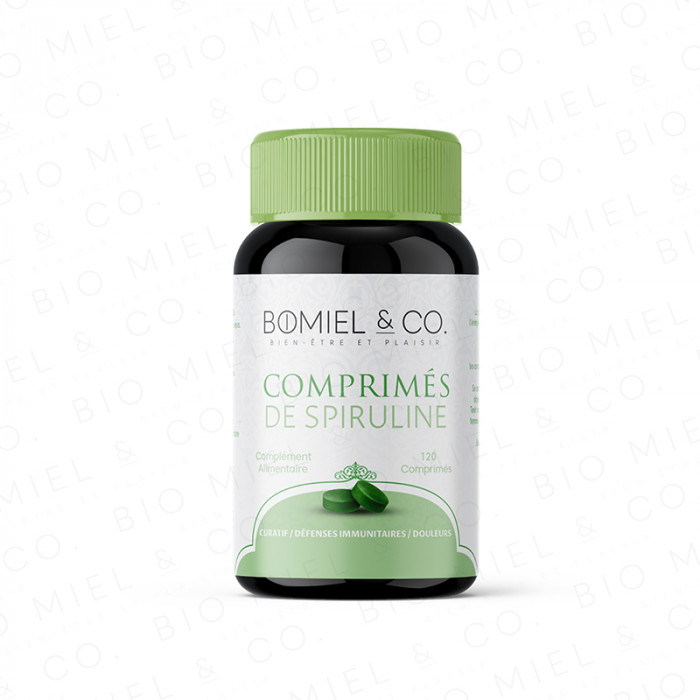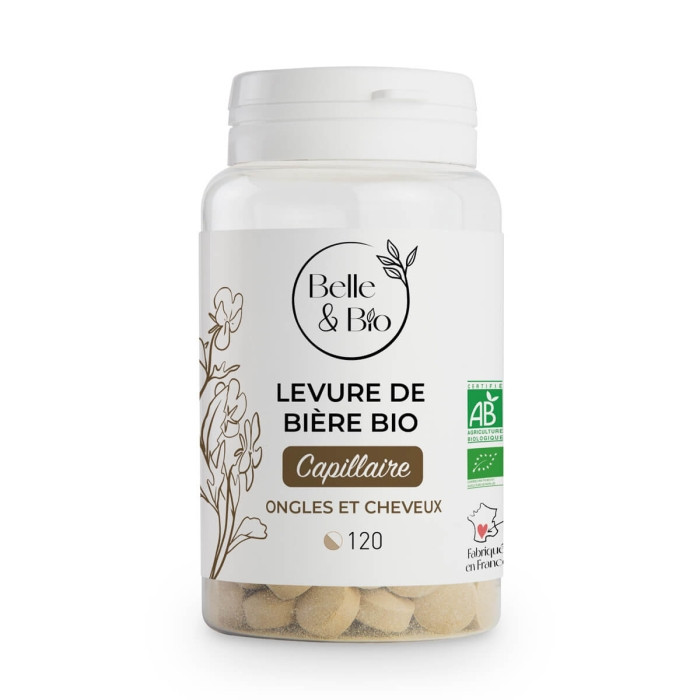- Bio Miel & Co
- 6964 views

More and more of us are taking vitamins and dietary supplements. Everyone takes them, including children and pregnant or breastfeeding women. You see them everywhere but don't necessarily know much about them. Do you really know the nutritional benefits and possible risks of dietary supplements? Are they useful and effective? There's a lot to consider before you decide to take one. Come and discover them in this article.
Food supplements: what are they?
A dietary supplement is a product that you take orally. It contains one or more nutrients. You'll often find them in capsule, powder, tablet or liquid form.
Their purpose is to make up for dietary deficiencies caused by poor dietary hygiene. They can also support certain bodily functions. You'll find them just about everywhere, especially online. They include vitamins, minerals, fibers, fatty acids and amino acids, among others.
If you're looking for a nutritional supplement, don't hesitate to contact us.
Some illnesses can also cause a deficiency in vitamins and other nutrients. This is one way of making sure you get enough essential nutrients. You can also take supplements to have more energy or get a good night's sleep.
Many studies confirm the effectiveness of supplements in improving fitness. Some compounds can even improve the treatment of diseases. Now you understand why your doctor prescribes both medication and dietary supplements.
It's a good time to start thinking about your health.
Which minerals and vitamins are most beneficial for your health?
Vitamins and minerals are essential and beneficial to your health. They support your body's functions and help you stay healthy.
A vitamin is a nutrient that cannot be produced by the body. It must therefore be supplied by the diet. Vitamins are divided into two groups: fat-soluble vitamins and water-soluble vitamins.
A vitamin is a nutrient that cannot be produced by the body.
Fat-soluble vitamins can be stored in the liver for use when needed. These vitamins are: vitamin A (retinol), vitamin D (calciferol) and vitamin E (alpha-tocopherol).
Hydrosoluble vitamins can be stored in the liver for use when needed.
Water-soluble vitamins are not stored in the liver. They must be consumed daily. These vitamins are: thiamine (B1), riboflavin (B2), niacin (B3), pyridoxine (B6), pantothenic acid, biotin and folic acid.
Antioxidants found in plants, vegetables and fruit include beta-carotene, lutein, lycopene and selenium. A vitamin deficiency will have detrimental consequences on your health. Symptoms vary according to the type of vitamin. This is generally what will prompt you to resort to dietary supplements.
What are the most common supplements?
The most common supplements are:
- Multivitamins
- Vitamin D, which boosts your immune system and helps your body absorb calcium. It can reduce high blood pressure and the risk of colorectal and breast cancer.
- Omega-3 fatty acids, which can reduce inflammation
- Calcium, which strengthens bones and teeth
- Vitamin B12, which helps keep your nerve cells and blood healthy
- Iron, which helps your body create new red blood cells. It's the most common treatment for anemia.
- Calcium and vitamin D are used to prevent and treat osteoporosis.
- Vitamin B9 (folic acid) is recommended for pregnant women.
- Beta carotene protects the body from premature aging thanks to its anti-oxidant action.
Are certain supplements harmful?
You're probably wondering: are some supplements harmful? Generally speaking, they are harmless and have no real contraindications. Some, however, may interact with other medications. So be sure totake the advice of a healthcare professional if you want or are already taking dietary supplements.
Be aware that the risk of overdosing is possible when taking dietary supplements. For example, high doses of iron can cause stomach upset, constipation etc.
Be careful not to take a dietary supplement that already contains a vitamin or mineral that could cause you trouble. Also, be sure to respect the recommended or prescribed doses.
At the same time, take care not to overdose.
What do you need to know before you start taking supplements?
If you're taking supplements, it's important to be aware of what you're consuming. Here's what you need to know before you start taking supplements:
- Vitamins and minerals are already added to some foods. You may already be consuming more nutrients than you realize. Take a good look at the packaging!
- Keep in mind that "natural" doesn't always mean harmless. Make sure you know what active ingredients they contain.
- Supplements can cause side effects. If you experience any adverse effects when taking a supplement, stop taking it immediately and contact a healthcare professional.
The consumption of dietary supplements goes hand in hand with healthy eating habits. There are many reasons why you might want to take them: seeking vitality, improving memory or for skin and hair. If you feel you need vitamin or other supplements, remember to seek advice before embarking on your adventure.
Related products


